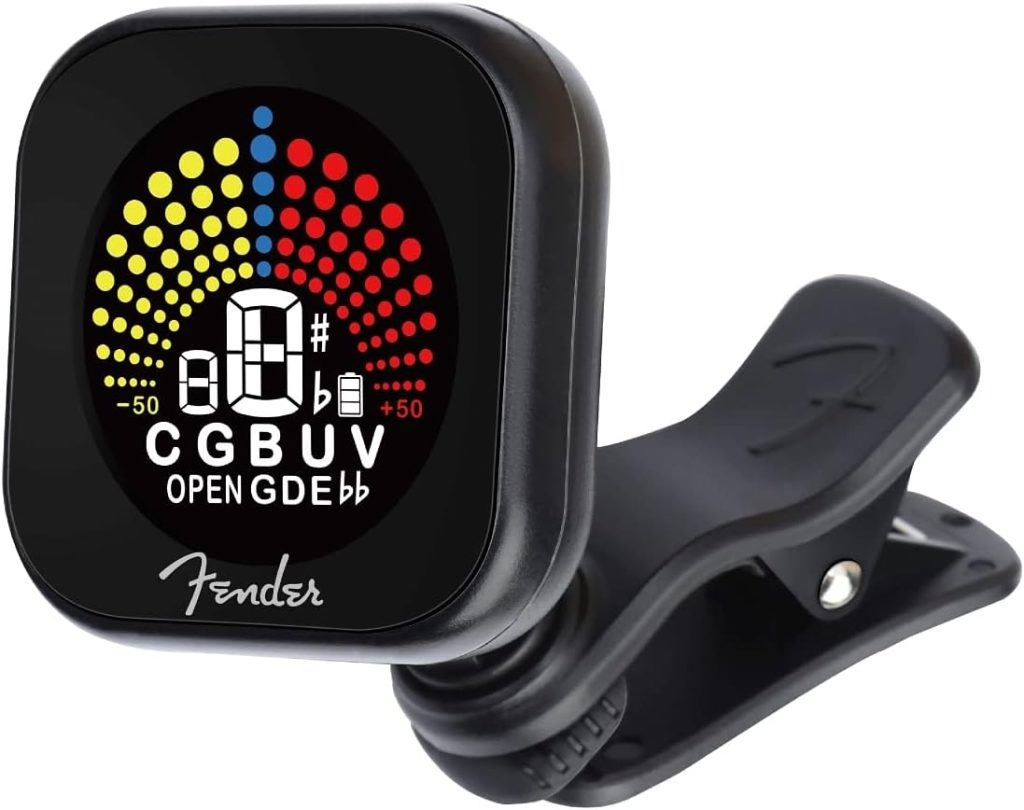Guitar strings are crucial for achieving the right tone and playability for your instrument. Selecting the appropriate strings can enhance your sound, feel, and overall playing experience.
Types of Guitar Strings
1. Material
Nickel-Plated Steel: These strings offer a bright, balanced tone and are commonly used on electric guitars. The nickel plating helps prevent corrosion and provides durability.
Pure Nickel: Known for their warm, vintage sound, pure nickel strings are often favored by players seeking a classic tone. They offer a smooth feel and slightly lower tension.
Bronze: Bronze strings produce a bright, articulate sound with excellent projection. They are commonly used on acoustic guitars and are known for their clarity and warmth.
Phosphor Bronze: These strings are coated with a phosphor bronze alloy, providing a rich, warm tone and extended lifespan. They are popular for acoustic guitars due to their longevity and balanced sound.
Stainless Steel: Stainless steel strings are highly resistant to corrosion and offer a bright, crisp tone with a lot of sustain. They are suitable for both electric and acoustic guitars and are favored by players looking for durability.
2. Gauge
Light Gauge: Light gauge strings (typically .009 to .042) are easier to play and bend, making them ideal for beginners and players who prefer a softer feel. They are commonly used in genres like pop and blues.
Medium Gauge: Medium gauge strings (around .010 to .046) offer a balance between playability and tone. They provide more volume and sustain compared to light gauge strings and are versatile across various styles.
Heavy Gauge: Heavy gauge strings (.011 to .052 and above) are thicker and offer a stronger, fuller tone with increased sustain. They are favored by players who prefer a firmer feel and use alternate tunings or heavier styles.
3. Coated vs. Uncoated
Coated Strings: Coated strings have a thin layer of protective coating that extends their lifespan by reducing oxidation and wear. They maintain their tone longer and are less prone to corrosion.
Uncoated Strings: Uncoated strings offer a traditional feel and tone but may require more frequent replacement. They provide a more natural sound and are preferred by some players for their organic feel.
Choosing the Right Strings
When selecting guitar strings, consider the following:
- Material and Tone: Choose a material that suits your desired tone and playing style. Different materials offer varying tonal qualities and durability.
- Gauge and Playability: Select a gauge that matches your playing technique and genre. Lighter gauges are easier on the fingers, while heavier gauges provide a fuller sound.
- Coating: Decide between coated and uncoated strings based on your preference for longevity and tone quality.
Conclusion
Guitar strings are essential for shaping your instrument’s sound and playability. By understanding the different types and choosing the right strings, you can enhance your performance and achieve the tone you desire.
At My Guitar Advisor, we provide comprehensive reviews of guitar strings to help you find the best options for your playing needs. With the right strings, you’ll enjoy a more satisfying and effective playing experience.


